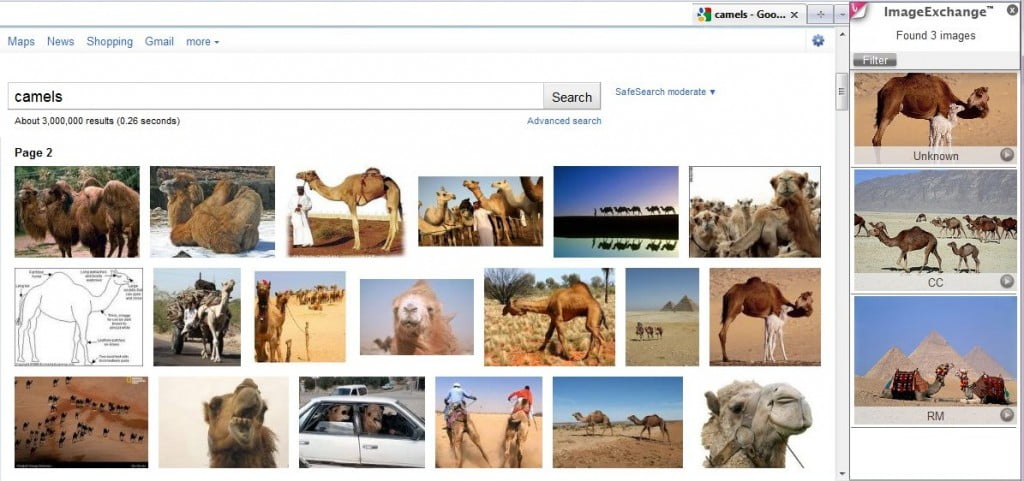PicScout, an Israeli startup founded in 2002 and now the world leader in the tracking of the illegal downloads and use of licensed images online, was last week bought by Getty Images, one of the worlds largest stock photo agencies, for $20 million.
Getty Images’ purchase highlights the increasing difficulty to protect copyrighted images on the internet. In the non-digital world, the illegal use of copyrighted imagery was almost unheard of – in order to print a picture you had to use the negative of the original photo, which only the stock image agencies possessed. As computers’ hardware and software got more sophisticated, it became easier to “steal” intellectual property. Most ten-year-olds know how to illegally download a movie on the internet or the latest version of Windows. Watermarks (when a logo or a sentence is embedded in a picture to prevent its illegal usage) are easy to remove after a few Photoshop tutorials and few pay attention to the © (copyright) symbol.
PicScout was founded to help clients protect and monetize their intellectual property images. Its technology includes highly scalable image recognition processes, such as ImageTracker™ and new ImageExchange™. While image piracy has not officially decreased since the launch of PicScout (still around 85 percent on commercial websites), its solutions have been successfully embraced by a large number of companies.
PicScout can detect the digital fingerprint of scaled, blurred and edited bits of images online that belong to its clients with their ImageTracker™ while with ImageExchange™ potential buyers can legally purchase the right to use specific pictures.
[youtube]http://www.youtube.com/watch?v=KMYIFq3bz0g[/youtube]
ImageExchange™ is a Firefox and Internet Explorer add-on that was launched in September 2009. It enables designers, media professionals and active image buyers to expend their creative options with legally licensed imagery. This platform connects stock agencies to potential buyers and provides access to information about images online, image rights and transaction in real time. The pricing structure is generally pay-per-click for every image that the service credits.
“The plug-in works over any website and it analyzes the webpage and instant ID using our ImageRecognition technology to any image that is populated in our ImageIRC,” explains CEO Offir Gutelzon.
PicScout was founded in 2002, when the internet became a commercial place that needed a rising number of images. “We searched for an automatic solution for the problem of copyrights in images, some algorithm that could detect images or parts of them [in photo-montages, for example] and report to the people or agencies that own them” Gutelzon adds.
PicScout will now function as Getty Images’ research and development center in Israel.
Related posts

Editors’ & Readers’ Choice: 10 Favorite NoCamels Articles

Forward Facing: What Does The Future Hold For Israeli High-Tech?

Impact Innovation: Israeli Startups That Could Shape Our Future




Facebook comments